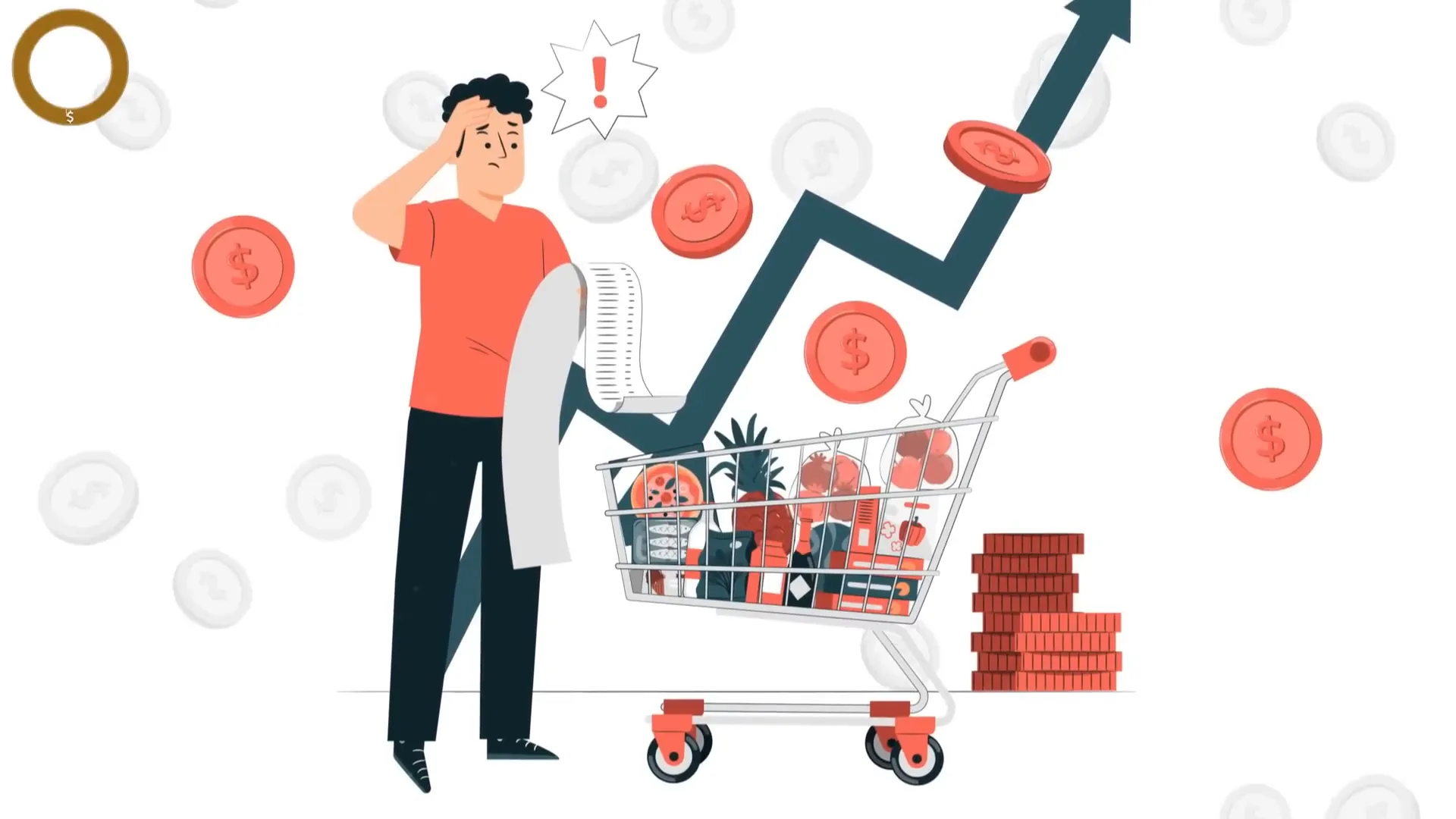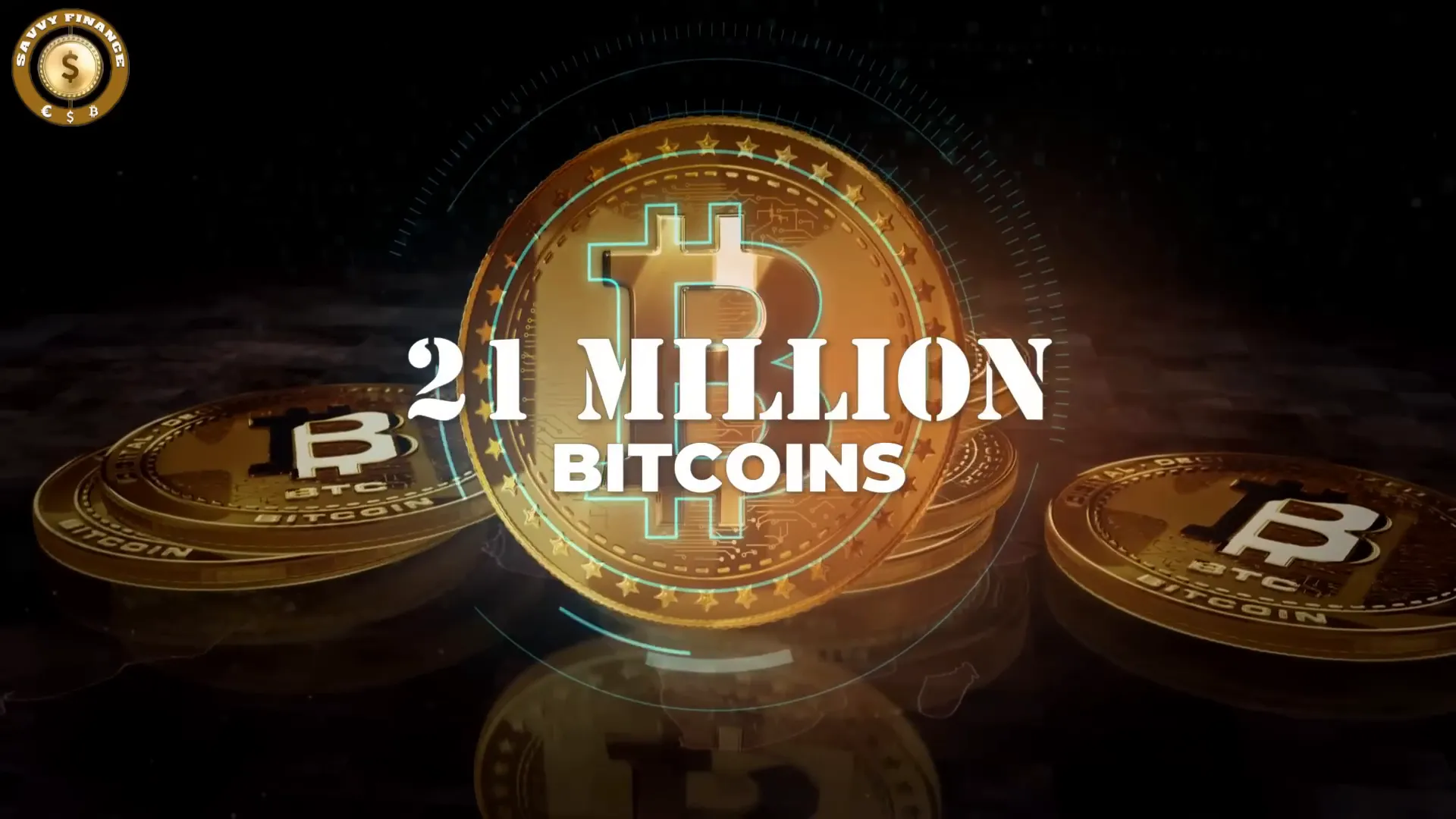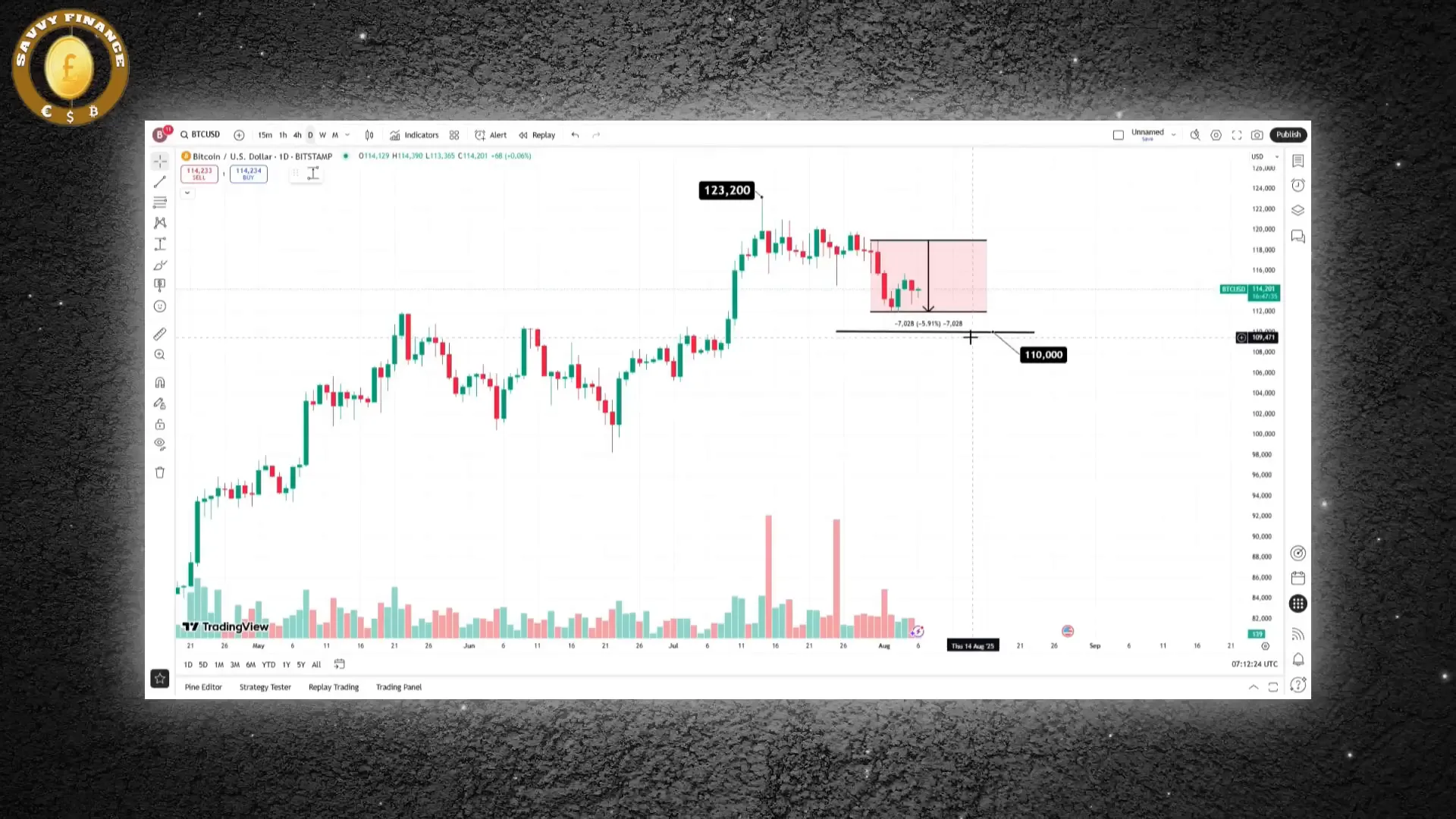
Cryptocurrency and bitcoin continue to reshape how we think about money, value, and the future of the global economy. In this article, we dive deep into the insights shared by Jeff Booth, a leading voice in the bitcoin community and founder of Ego Death Capital, a bitcoin-only investment fund. Booth’s perspective cuts through the noise to reveal a profound warning and opportunity: without bitcoin, the future looks like Argentina’s economic crisis — a world where currency devaluation is relentless, and financial freedom is a fading dream.
Let’s explore why Booth believes everyone is living in Argentina if they’re not in bitcoin, how bitcoin offers a unique economic escape hatch, and what that means for businesses and investors looking ahead to 2025.
Table of Contents
- Living in Argentina: A Metaphor for Global Currency Collapse
- Bitcoin: The Fixed Supply Solution
- Building the First Global Free Market
- The Role of Artificial Intelligence and Deflationary Growth
- Bitcoin’s Price Outlook: A Critical Moment
- Conclusion: Embracing Bitcoin for a Stable Financial Future
Living in Argentina: A Metaphor for Global Currency Collapse
Imagine living in Argentina, a country plagued by repeated currency collapses, where inflation wipes out purchasing power almost overnight. One day you can buy groceries; the next, prices double while salaries remain stagnant. Planning a financial future becomes impossible — people simply try to survive.
Now, imagine holding US dollars instead of the local peso. While not perfect, US dollars offer an escape from crushing devaluation. Booth uses this analogy to highlight what most of the world is unknowingly experiencing today: everyone is living in Argentina if they’re not in bitcoin. Traditional currencies like the dollar, euro, and yen are quietly losing value year after year, eroding paychecks, savings, and financial security.

Governments claim printing more money stimulates the economy, but Booth sees a harsher truth: this process steals from savers, acting like a slow, quiet leak in the foundation of your wealth. Inflation persists, debt piles up, and people are forced to work harder just to stay in place. This systemic rot is not an isolated problem but a global epidemic.
Bitcoin: The Fixed Supply Solution
Booth’s solution is elegantly simple — bitcoin. Unlike traditional money, bitcoin has a fixed supply capped at 21 million coins. No government or bank can print more. This scarcity means bitcoin holds its value over time instead of inflating away.
In contrast to Argentina’s currency woes, bitcoin’s value strengthens as other currencies weaken. This makes bitcoin a natural hedge against devaluation and an essential tool for financial preservation in an increasingly unstable monetary world.

Bitcoin as the Risk-Free Rate of Capital
Booth introduces a powerful concept: bitcoin functions as the “risk-free rate” in the new economic system. If an investment or business doesn’t outperform simply holding bitcoin, it’s not worth the risk. He estimates that bitcoin outpaces traditional currencies by about 45% annually, making it the benchmark against which all investments should be measured.
For example, in Argentina, businesses denominated in US dollars grow faster than those stuck with pesos. Booth envisions bitcoin enabling companies to build balance sheets and generate profits in strong money, creating a competitive advantage that traditional currencies cannot match.
Building the First Global Free Market
Booth sees bitcoin not just as an asset but as the foundation of a new, stronger, and fairer economic system: the first global free market. This market operates on transparent, energy-backed, decentralized protocols that measure real value without manipulation.
Entrepreneurs and innovators are already building bitcoin-based companies that add real value to this ecosystem. These companies grow profitable and expand their bitcoin treasuries each month by serving the free market, not by extracting value through traditional means.
Booth emphasizes that the bitcoin ecosystem is still early but rapidly evolving. Venture capital specialists worldwide are emerging to support diverse niches, from scalability to privacy solutions layered on top of bitcoin. This global collaboration is accelerating bitcoin’s adoption and the creation of economic opportunities beyond what traditional systems allow.
Entrepreneurs Solving Real Problems
Rather than fearing bitcoin’s challenges, entrepreneurs see them as opportunities. They’re racing to solve scalability, privacy, and usability issues, creating off-ramps for those stuck in failing monetary systems. People like Natalie Brunel and Sam Callahan are finding their niches, providing immense value, and thriving in this new paradigm.

The Role of Artificial Intelligence and Deflationary Growth
Booth also explores the intersection of bitcoin and artificial intelligence (AI). He highlights how AI’s exponential growth — doubling in capability roughly every six months — is a massive productivity tool that should lead to deflation, meaning prices fall as goods and services become cheaper to produce.
However, the current financial system is incompatible with this deflationary reality because it relies on money printing and centralization, which extract value instead of distributing it fairly.
Bitcoin’s decentralized, energy-backed protocol perfectly measures free market dynamics and supports true economic growth where you get richer as productivity improves. This is a fundamental shift from the inflationary, extractive models of the past.

Bitcoin’s Price Outlook: A Critical Moment
Bitcoin's price recently took a sharp dip from around $180,000 to just above $100,000, ushering in August — historically one of its worst-performing months. Analysts warn that bitcoin must hold the $110,000 support level to maintain its bullish momentum and stand a chance to retest all-time highs.
If bitcoin falls below this key support, the risk of a brutal correction to the 200-day moving average near $99,355 looms, threatening the market’s bullish sentiment. Major resistance around $125,000 also stands in the way of any quick recovery.

August has traditionally been a bear trap for bitcoin, with average losses of 11.4% since 2013. Yet, there is hope — August 2021 defied this trend with a 13.8% gain. If the historic four-year market cycle holds, 2025 could see bitcoin defy the odds again.
Conclusion: Embracing Bitcoin for a Stable Financial Future
Jeff Booth’s insights reveal a stark truth: the traditional financial system is failing, and without bitcoin, the future looks like Argentina — constant financial pressure, inflation, and limited escape. Bitcoin offers a way out, with its fixed supply, deflationary nature, and role as the risk-free rate of capital.
For businesses and investors, the message is clear: simply holding bitcoin is better than holding traditional currencies, but building and investing in bitcoin-denominated ventures offers even greater opportunity. The first global free market is emerging, powered by bitcoin and innovative entrepreneurs solving real problems.
As we approach 2025, understanding bitcoin’s role in the economy isn’t just important — it’s essential for protecting wealth and participating in the future of finance.

What They Don’t Want You to Know About Cryptocurrency, Bitcoin in 2025. There are any What They Don’t Want You to Know About Cryptocurrency, Bitcoin in 2025 in here.
